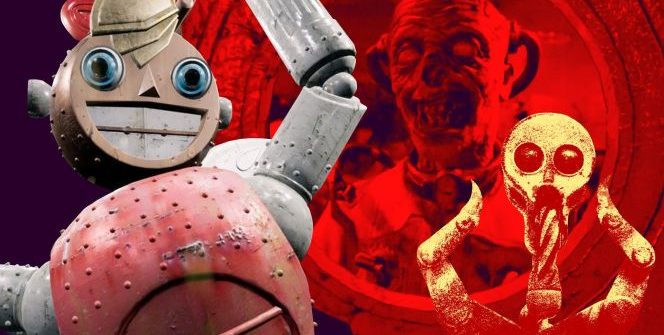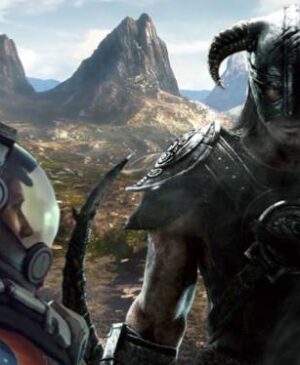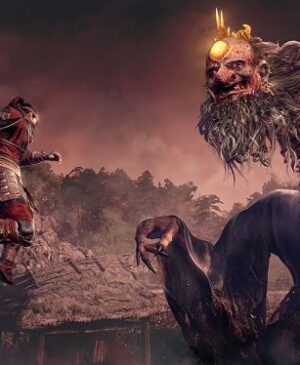There are strong Russian government ties to the technologically incompetent Mundfish’s game.
Let’s start with their technological ignorance. One question from their Q&A had a stupid answer. Will Denuvo be in the game? If so, will it affect the performance of the game? The answer is, “Yes, we have planned to implement a DRM system. It’s difficult to say whether it will affect performance, but we haven’t forgotten about DLSS, a technology that brings a strong FPS boost, which will win back the losses if any.”
So there will be DRM, and since Denuvo is everywhere, it’s almost sure to be the choice, so this single-player title will also call home regularly. It will have an impact on performance. There’s no doubt that Denuvo Anti-tamper increases the game’s executable by hundreds of megabytes, and the CPU must run that code. DLSS is Nvidia’s technology, so anyone with an AMD graphics card won’t see any of it, and it has nothing to do with copy protection…
But more important is what AIN wrote about Mundfish. It is the Russian team (although they have their headquarters in Cyprus, they also have a studio in Moscow) behind Atomic Heart, and the company’s website says that they collect user data for the Russian authorities, but most importantly, for the FSB, a successor organization to the KGB. Interestingly, the English version of the privacy policy doesn’t mention it, but the Russian one does. Are they hiding the truth?
The investors in the game include a former Gazprom executive with close links to Oleg Deripaska, a Russian oligarch, and the sanctioned VTB bank. The studio has never commented publicly on Russia’s war against the Ukrainians, and anyone who brings it up on Twitter gets blocked. They have recently settled it by saying that they do not wish to comment on political matters and that they see themselves as a pro-peace organization that condemns violence against people. The data of all visitors to mundfish.com (and those who buy products and services) is collected, and the authors of the privacy policy also mention Russian mobilization laws.
We have also embedded a video explaining the rest in English (with a Ukrainian accent). The developers are following BioShock’s style and positively remembering the Soviet Union. The game’s protagonist is a KGB agent who wants to be a hero, like a particular Russian president. The developers have also included a song by Nikolay Baskov, an openly pro-war singer, and Mundfish president Robert Bagratuni hides the company’s Russian roots, with backers including China’s Tencent (which speaks for itself), Gaijin Entertainment, and GEM Capital.
Gaijin is based in Budapest, but don’t let that fool you: its founders are Anton and Kirill Yudintsev, and many of the company’s games even include the word war in their names. War Thunder could be familiar, and it’s also hidden as an advertisement in a video by Ukrainian separatists (see 05:40 in the video). It often advertises on the anti-Ukrainian separatists’ YouTube channel. GEM Capital’s founder is Anatoly Paly, the ex-Gazprom executive mentioned earlier. In Russia, the game will be available exclusively on VK Play, a local (Facebook rival) platform run by the son of someone with close ties to Putin. The game’s sales will fund the war efforts.
In short, the Russians are using a soft power approach (as are the Chinese): they are also trying to shape the political attitudes of players through the gaming industry.
Source: Steam








![[TGA 2025] Star Wars: Galactic Racer Focuses on High-Stakes Podrace Runs [VIDEO]](https://thegeek.games/wp-content/uploads/2025/12/theGeek-Star-Wars-Galactic-Racer-302x180.jpg)







Leave a Reply